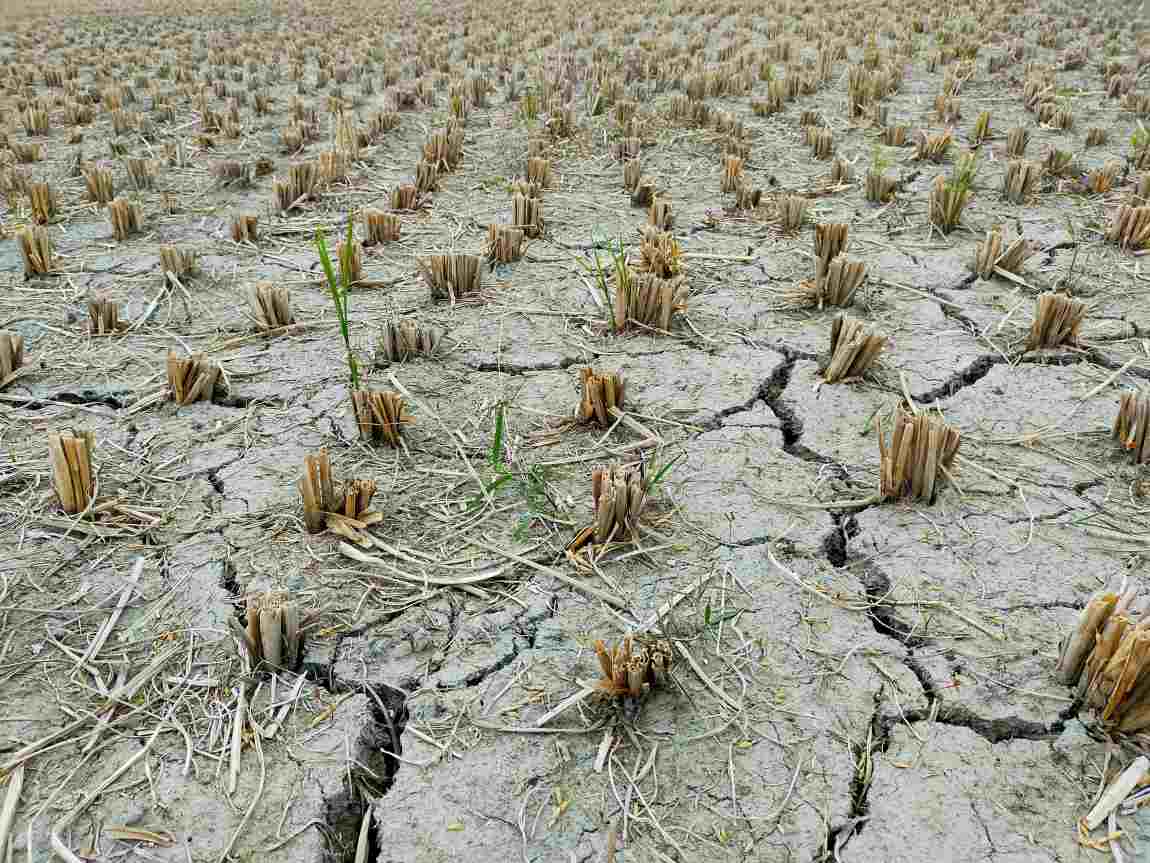Droughts are intensifying worldwide, with devastating implications for ecosystems, economies, and human security.
Often termed a “slow onset, silent killer,” this escalating threat is now at the center of global discussions, including COP16 in Riyadh, Saudi Arabia, where nations aim to establish a global drought framework focused on proactive preparedness.

According to Ibrahim Thiaw, Executive Secretary of the UN Convention to Combat Desertification (UNCCD), droughts have surged by nearly 30% in frequency and intensity since 2000, with no country immune. Thiaw warned: “By 2050, three in four people globally, up to seven and a half billion people, will feel the impact of drought.”
The growing toll of drought
Droughts disrupt water security, threaten agriculture, and displace communities. They often lead to cascading crises such as food shortages, resource conflicts, and forced migration. In the past three years alone, over 30 countries – ranging from high-income nations like the United States and Spain to developing regions in Africa and Asia – declared drought emergencies.
The domino effects extend beyond local landscapes. Low water levels in the Rhine River disrupted European grain transport, while the Panama Canal saw significant trade slowdowns due to drought-related restrictions. Brazil, where hydropower constitutes over 60% of electricity supply, faced energy shortages. Even urban centers like New York City grappled with unexpected challenges, including bushfires fueled by prolonged dry conditions.
A multifaceted crisis
Droughts are more than a lack of rainfall. Human-induced climate change, land mismanagement, and deforestation exacerbate the problem. Degraded landscapes lose their resilience, becoming vulnerable to both droughts and floods. This vicious cycle leads to economic and social instability, compounding risks for already vulnerable populations.
Andrea Meza, UNCCD Deputy Executive Secretary, emphasized: “Drought is not merely an environmental matter. Drought is a development and human security matter that we must urgently tackle from across all sectors and governance levels.”
Resilience through proactive action
While the global response to drought has traditionally been reactive, innovative local initiatives offer hope. In Zimbabwe, a youth-led effort aims to plant one billion trees to combat land degradation. In Haiti, farmers are embracing beekeeping to prevent deforestation.
Mali has seen entrepreneurs fostering resilience by promoting moringa tree products. These proactive measures, experts argue, are cost-effective and avert immense human suffering compared to post-crisis interventions.
At COP16, the focus shifted to systemic solutions. The launch of the World Drought Atlas highlighted how drought risks interconnect sectors such as energy, agriculture, and trade, often fueling inequalities and conflicts. Complementing this, the Drought Resilience Observatory – an AI-powered platform – provides data-driven insights to support proactive drought mitigation.
Investing in solutions
Tackling drought requires substantial investment. A UN estimate suggests $2.6 trillion is needed by 2030 to restore drought-affected lands globally.
At COP16, the Riyadh Global Drought Resilience Partnership received an initial pledge of $2.15 billion to advance resilience efforts. Saudi Arabia’s Dr. Osama Faqeeha highlighted the initiative’s importance, stating: “We also seek to amplify global resources to save lives and livelihoods around the world.”
Article Source:
Press Release/Material by UN
Featured image credit: Md. Hasanuzzaman Himel | Unsplash




